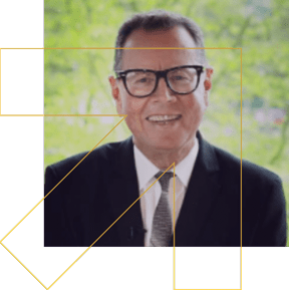The Landmarks in Economic Thinking course covers some of the most important thinking in the history of economics through the lens of three great economists and their seminal works: Adam Smith and The Wealth of Nations (1776); Alfred Marshall and his Principals of Economics (1890); and John Maynard Keynes and The General Theory of Employment, Interest and Money (1936).
The insights of these thinkers provide a framework for understanding risk aversion, government intervention, and the free-market economy, and form the basis of modern-day economic policy.
You will explore the various elements of each thinker’s economic theories, from Smith’s labor theory of value, to Marshall’s methodology of economics, and Keynes’ theories on wages and spending, and monetary and fiscal policy. You will also examine the relationship between the wage rate and profit, arguments against intervention and for free trade, welfare economics, interest rates, and the “multiplier effect.”
The Certificate will also introduce you to the Cambridge School of Economics and its key features, including limits, exceptions to laissez-faire and eclecticism, and the professionalisation of economics.









